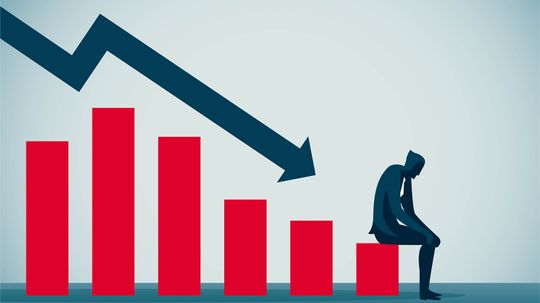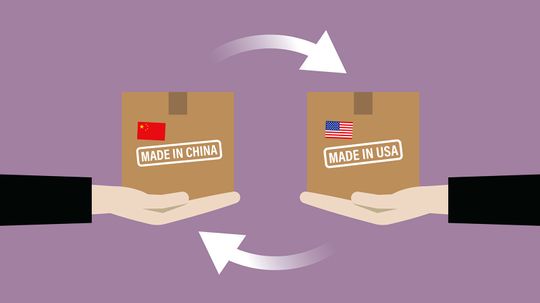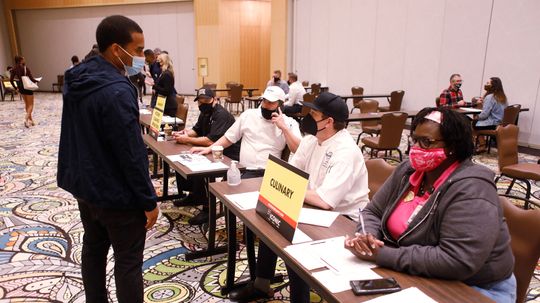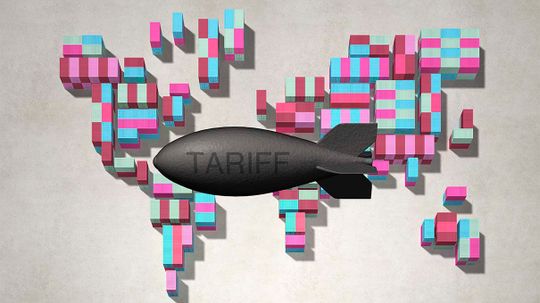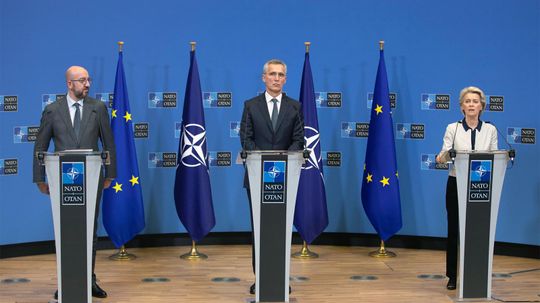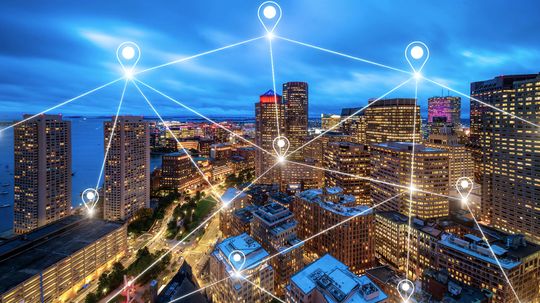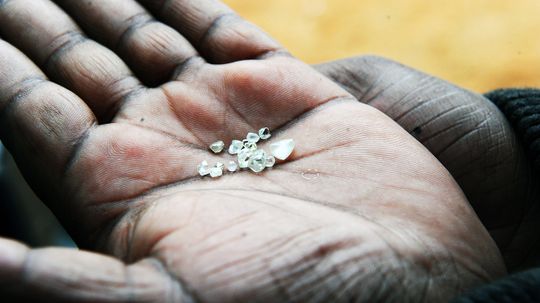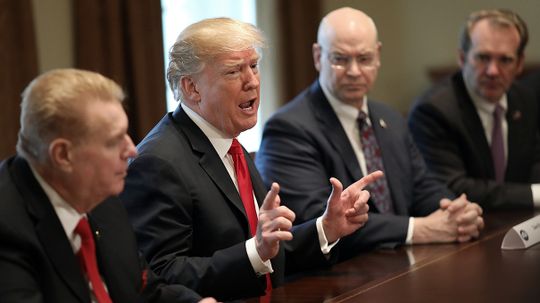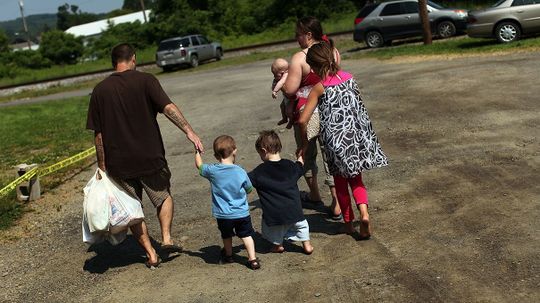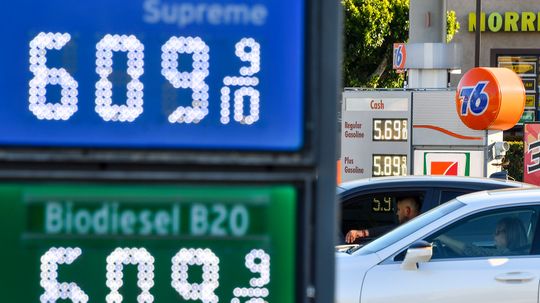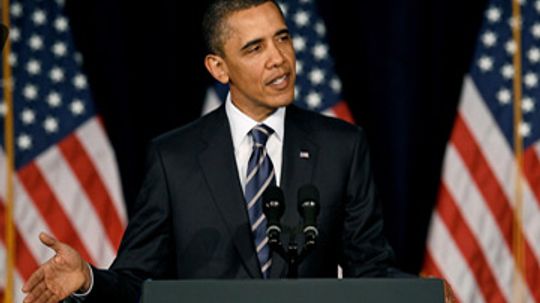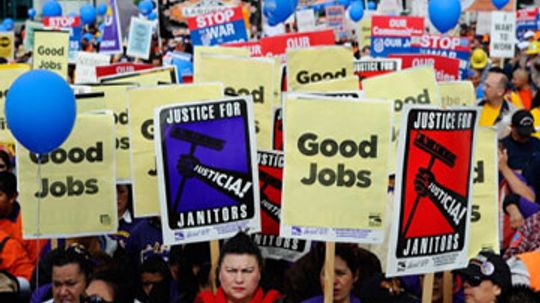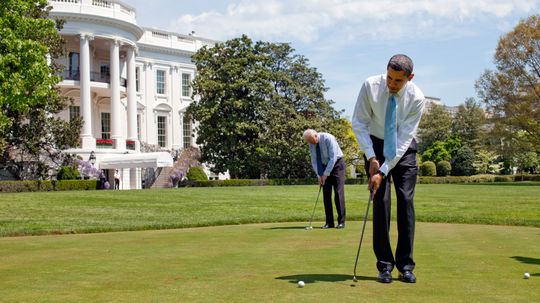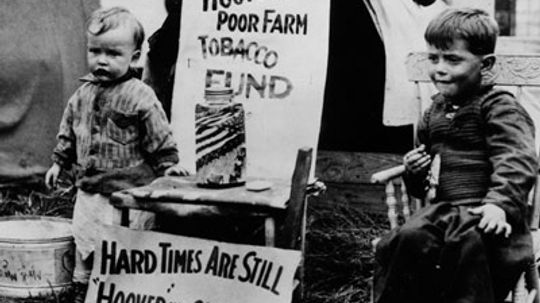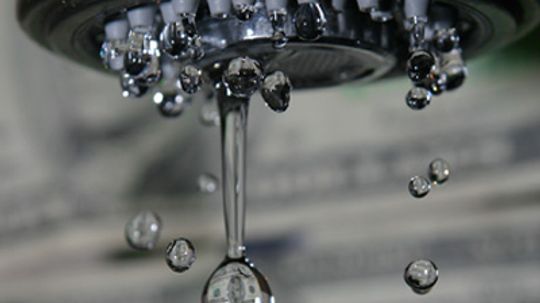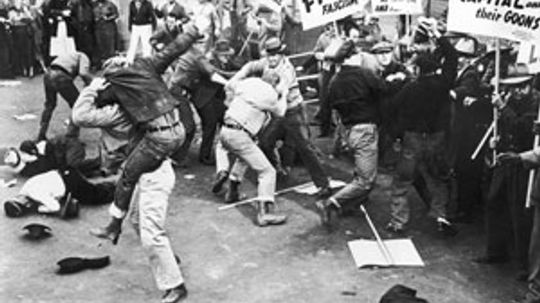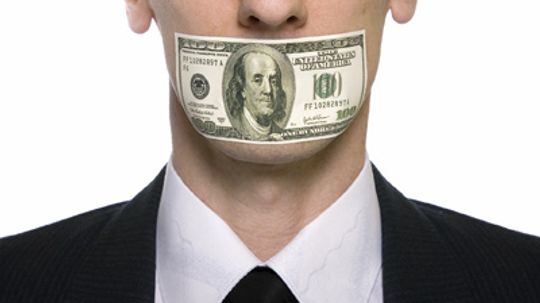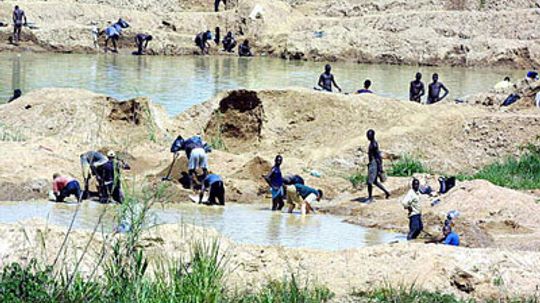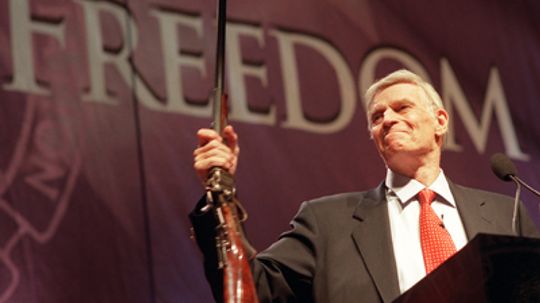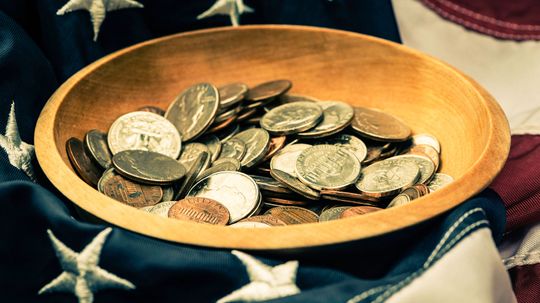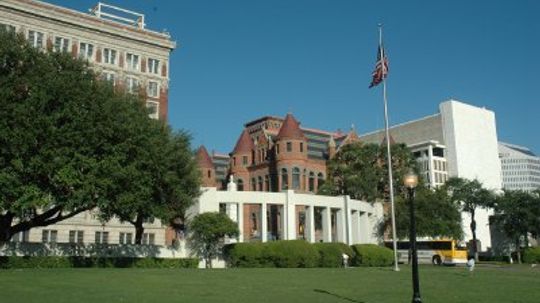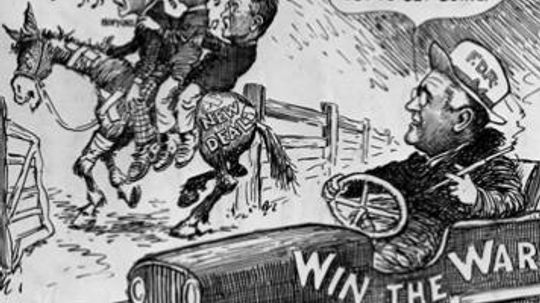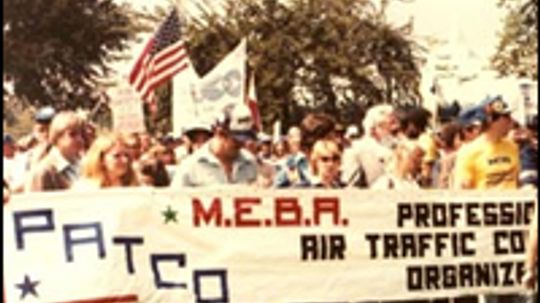Money & Politics
Money & Politics are virtually inseparable. Learn more about some of the most important political and economic issues of our time.

Want to Support Veterans? 4 Tips for Finding Good Charities

No Shave November Is More Than Mustache Month
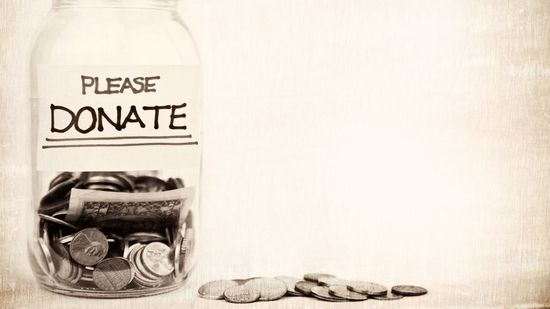
5 Questions to Ask Before Donating to a Charity
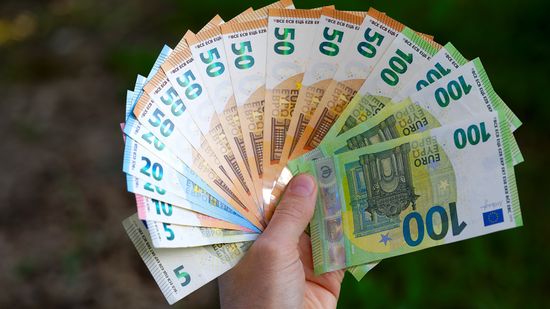
The Least Valuable Currency, Compared to the U.S. Dollar
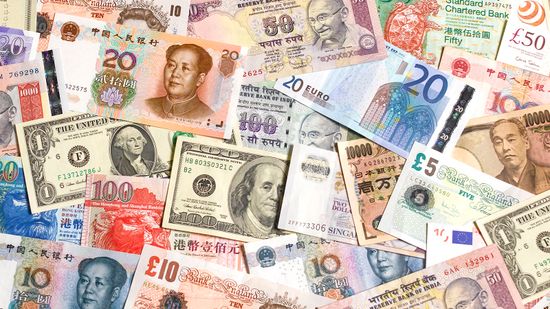
What Is the Strongest Currency in the World?
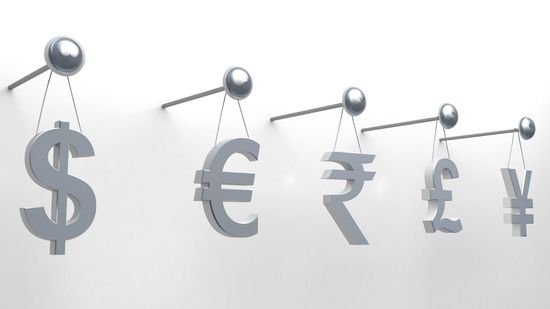
The Fascinating Stories Behind 5 of the World's Big Currency Symbols
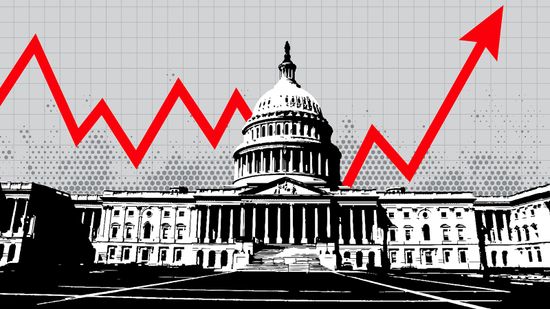
10 Largest Economies in the World, Ranked by Nominal GDP

What's the Most Expensive State to Live In?
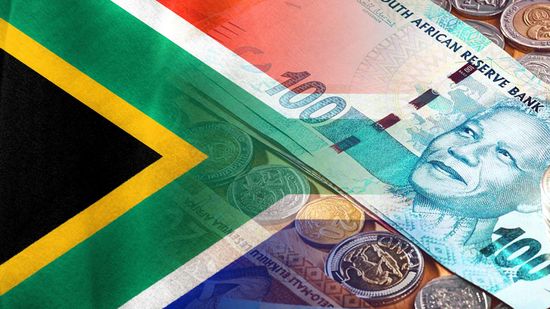
The Richest Countries in Africa, Based on GDP
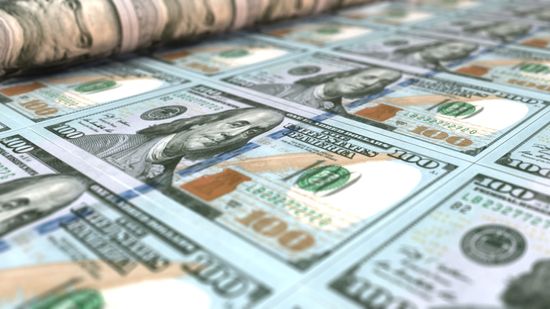
The 10 Countries With the Most Billionaires Span 4 Continents

How Many Billionaires Are in the U.S.? More Than Any Other Nation
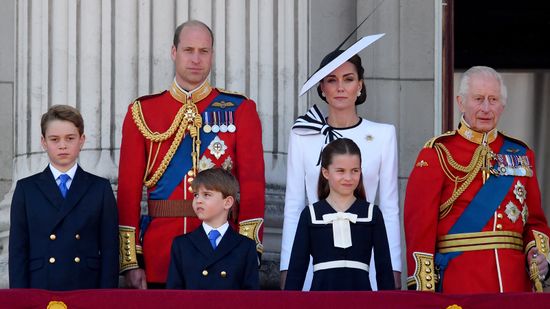
The Richest Kid in the World Is Worth $5B — Which Royal Is It?

10 Landlord-friendly States (Spoiler: No West Coast Candidates)

Most Dangerous Cities in the U.S. by Cost of Crime per Capita
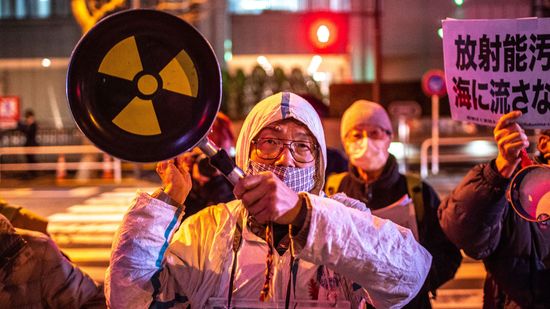
Who Paid the Largest Criminal Fine in History and Why?

Neighbor-spoofing Robocalls Are the New Nuisance
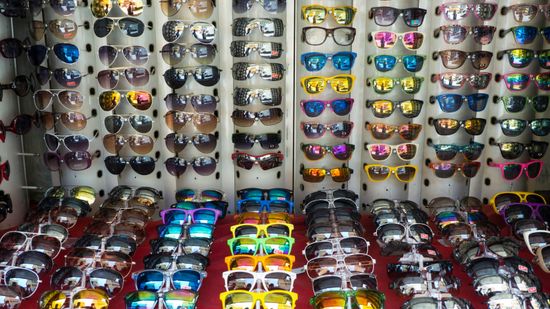
The 10 Most Counterfeited Products in The World
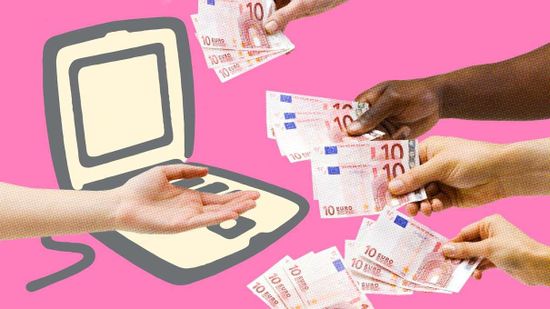
Crowdfunding or Crimefunding? Fraudsters Kickstart Money Laundering Campaigns

The 5 Best AI Stock Pickers for 2026: Beat the Market While You Sleep?
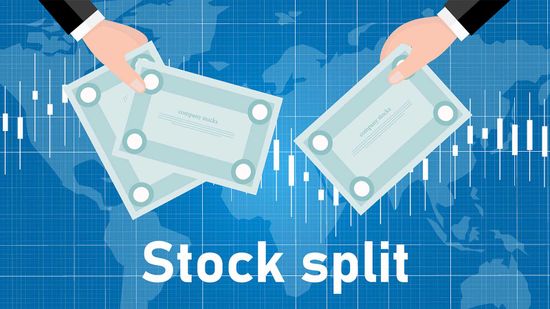
Why Big Companies Like Tesla and Amazon Are Splitting Stocks
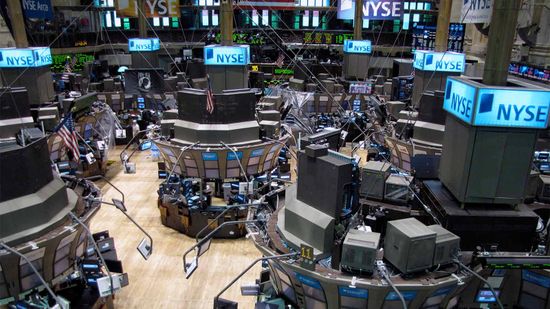
What Time Does the Stock Market Open?
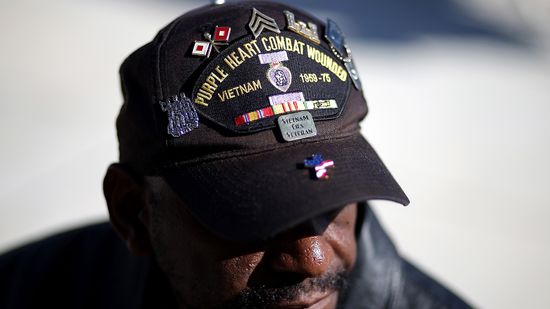
How to Volunteer to Help Disabled Veterans
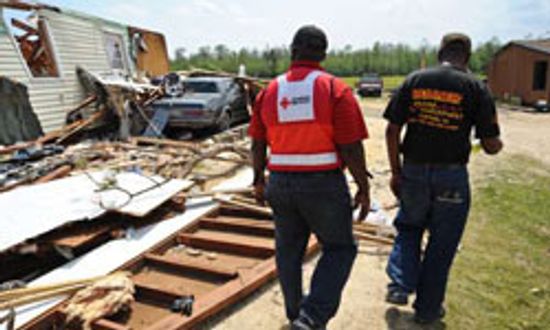
10 Best Volunteer Activities in Retirement

Does the Peace Corps want retired volunteers?
Learn More
Recessions are painful chapters in any nation's economic story, and the United States has experienced its fair share.
By Zach Taras
Since beginning his second term, President Donald Trump has imposed several tariffs on foreign countries, prompting an upheaval in financial markets and creating an atmosphere of crisis. These tariffs have also led, predictably, to a slew of retaliatory tariffs imposed by the countries targeted.
By Zach Taras
Every month, the U.S. Bureau of Labor Statistics releases a report that looks at the unemployment rate, among other job-related data in the country. But who counts as "unemployed" can be tricky.
By Dave Roos
Advertisement
Who takes the hit when the U.S. president levies tariffs on our trading partners?
The North Atlantic Treaty Organization (NATO) is built on an alliance between 30 North American and European countries. But it's much more than that.
Many Midwestern and New England states are hoping to attract more residents by offering cash, student loan forgiveness and other incentives. But surprisingly, no one has studied whether these programs are effective.
By Dave Roos
Diamonds weren't even very popular before the 1930s. And it wasn't until a savvy copywriter created an ad slogan that the stones became synonymous with love.
By Diana Brown
Advertisement
President Donald Trump wants countries exporting steel and aluminum to the U.S. to pay steep tariffs. Could these tariffs spark a global trade war?
By John Donovan
Poverty has always been measured with money in the U.S., but a new study finds that when we focus only income, there's a lot we don't see.
Gas prices are notoriously volatile. Does the president have any control over how much you pay at the pump?
By Dave Roos
It's hard to quantify the economic impact of the events of Sept. 11, 2001 -- and pretty much impossible to tally the emotional cost of that fateful day. How did the events of 9/11 affect the U.S. economically?
Advertisement
On April 13, 2011, President Barack Obama proposed a plan for reducing the United State's debt and strengthen its fiscal reputation. But what does it really take to save sums of money so large they hardly seem real?
By Chanel Lee
We often hear about high-end contract negotiations in the entertainment world, but it's easy to forget that these rich guys are still laborers working under the auspices of a union. But how does the regular working stiff handle these negotiations?
By Dave Roos
The U.S. president rakes in a salary of $400,000 and lives in a 132-room mansion. With a full-time pastry chef and a private cinema at his disposal, the leader of the free world wants for nothing. But which perks are the priciest?
It's a pretty simple idea: Whatever revenue wealthy citizens generate will eventually trickle down to the lower classes. But it's tough to find the logic in the theory of trickle-down economics when mainstream America is going hungry and the upper cr
By Jane McGrath
Advertisement
Want to get a debate going? Ask a group of politicians if trickle-down economics really works. For a few centuries now, theorists have been postulating that giving society's top earners tax breaks will help the lower classes in the long run. Think it
By Jane McGrath
They range from factory workers to plumbers to professional athletes. Labor scabs -- sometimes under threat of bodily harm -- fill jobs when union workers go on strike.
By Dave Roos
Even with fundraising restrictions, in the 2008 United States presidential election it's estimated that candidates will spend more than $3 billion on advertising. Yet many people argue that campaign finance reform restricts free speech.
By Jane McGrath
Africa produces around 60 percent of the world's diamonds, but a few of those are mined illegally, with the profits going to fund terror and violence. How can it be stopped?
By Alia Hoyt
Advertisement
Some special interest groups exist solely to level negative attacks at political candidates. How do these groups work? And can they be stopped?
By Josh Clark
The 2020 presidential election is expected to be the most expensive ever, with President Donald Trump and Democratic nominee Joe Biden having raised $3.2 billion by October 2020. Where does this money come from, and where does it all go?
WPA projects spanned from New York to California, and many still exist today. Find out about 12 WPA projects that can still be found, including Doubleday Field and Camp David.
The government's Alphabet Agencies were created during the Great Depression to relieve the economic tensions. Learn about these Alphabet Agencies, including the Civilian Conservation Corps and the Federal Deposit Insurance Corporation.
Advertisement
They may seem "old school," but labor unions still play a large role in many professions. Learn about the history and current state of labor unions.
While the reasons behind strikes can be complex, they all boil down to two key elements: money and power. In this article, we'll explain labor unions' role in worker strikes, investigate U.S. labor laws and more.
